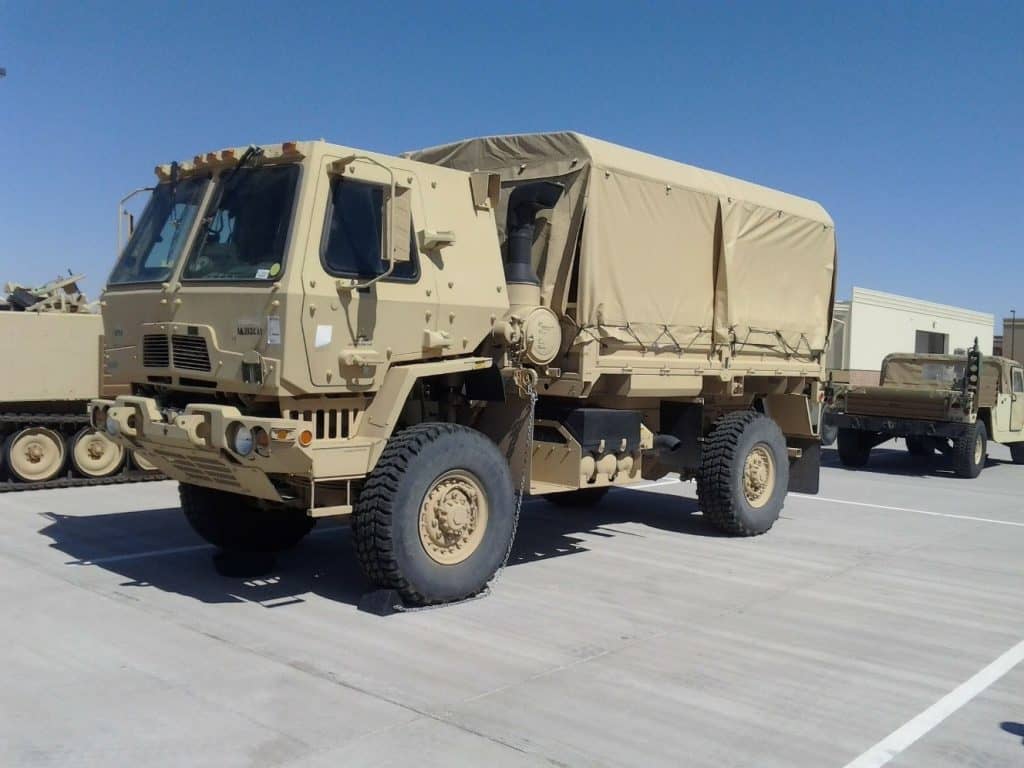
With the commercial driver shortage already affecting the industry, the Federal Motor Carrier Safety Administration (FMCSA) has been making big changes to try to stabilize the situation. Part of their plan includes a pilot program allowing 18 to 21-year-olds with prior relevant military experience to operate commercial motor vehicles (CMVs) in interstate commerce. The program is also targeting civilians 18-20 with licenses to operate CMVs in intrastate commerce and 21 to 24-year-olds already licensed for interstate commerce. This final demographic will serve as the control group to compare stats and scores for safety and general operations.
What Are the Program Requirements?
Around 50 carriers will participate in the pilot program of 600 drivers—200 for each designated group of drivers. FMCSA estimates they will need an additional 20 carriers and 300 drivers to account for turnover rates. In addition, the US DOT agency is giving preference to carriers that can provide an even number of drivers for each group. FMCSA is also taking significant measures to ensure the safety of all participating drivers as well as the motoring public.
The qualification requirements include:
- Carrier contact info and demographic stats
- Retain drivers’ background info form and consent form
- Responsible for training drivers on the FMCSRs and maintaining compliance
- Cannot be a moderate or high-risk carrier
- Cannot have conditional or unsatisfactory safety ratings
- Cannot have any open or closed enforcement actions in the preceding six years.
- Cannot be above the national average for vehicle and driver out-of-service (OOS) rates or crash rates
Additional provisions apply once participating in the program. These include:
- Provide monthly data reports on driver activity, safety results, and other supporting details
- Inform FMCSA within five days if a driver leaves a participating carrier
- Inform FMCSA within one day of any injury or fatality, alcohol incident, or if a driver leaves the program altogether
Much like the carriers, participating drivers also have requirements. FMCSA disqualifies drivers if they:
- Had more than one license
- Had a canceled, disqualified, revoked, or suspended license
- Had a traffic violation other than a parking ticket per military, state, or local laws
- Had a conviction for any of a variety of motor vehicle violations (i.e. DUI, BAL greater than or equal to 0.4 while operating a CMV, fled the scene of a crash, reckless driving, etc.).
Understanding the Driver Shortage
By the end of 2016, the driver shortage stood at 36,500. The American Trucking Association (ATA) thinks that number will exceed 175,000 by 2024 due to a variety of factors including demographics, regulations, lack of work-life balance, and an aging workforce. This final element, driver retirement, will account for almost half of the demand for new drivers. The economy is already feeling the effects of the shortage, as the cost for deliveries increased and delivery times lengthened. The driver shortage problem isn’t just a matter of filling a labor gap. Retention is a significant element of ensuring the survival and success of a fleet.
To learn more about improving your trucking business and coverages, contact the experts at Interstate Motor Carriers. We will help implement innovative solutions to meet your retention and risk management needs.

